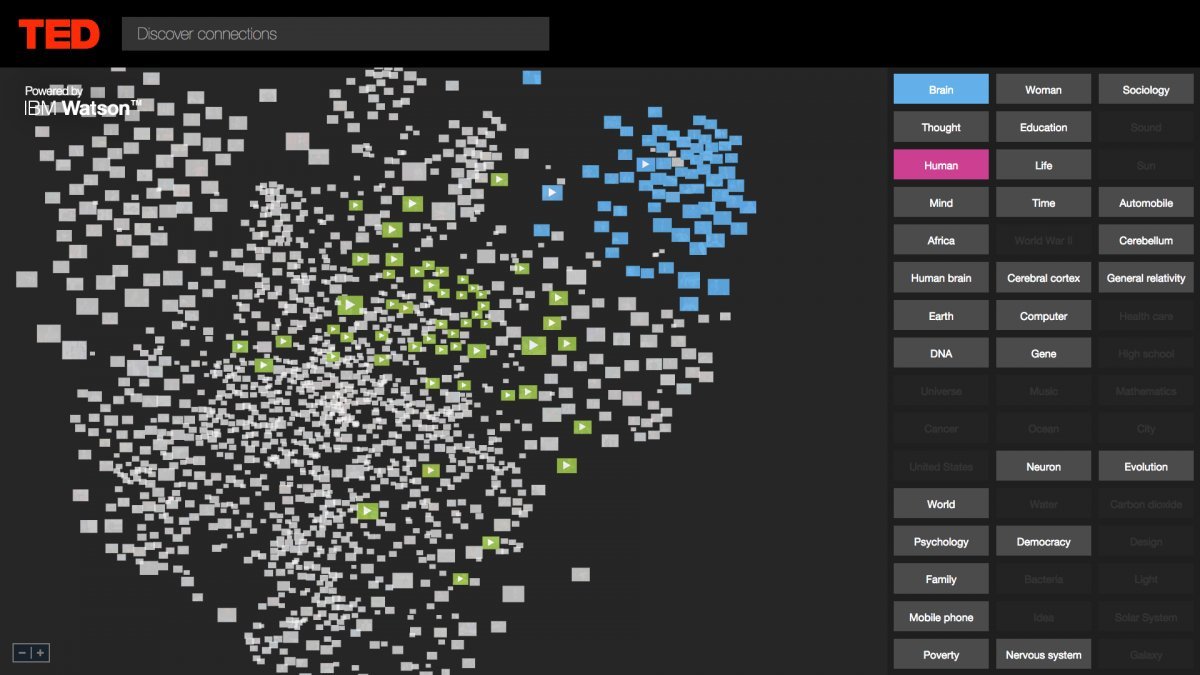Heidegger in the Kitchen: What a Shrimp Can Teach Us About the Meaning of Life | Brain Pickings
Geege Schuman stashed this in Philosophy
Stashed in: Awesome, Philosophy, Meaning of Life, The Internet is my religion., Be here now., @brainpicker
Existence, or Being, is finite, fragile, and very temporary — but we rarely appreciate our temporary existences. Much of Heidegger’s philosophy is devoted to trying to wake us up to the fragility of our life and the strangeness of existing on this delicate, exhaustible planet, spinning in an otherwise seemingly silent, alien, and entirely uninhabited universe.
At certain moments of insight — and Heidegger wants us to have lots of these — we may think, “I am so small, so temporary. I am a nothing in the cosmos of lifeless otherness.” It is at moments like this that we feel what Heidegger called “the mystery of existence” — it can be beautiful, it can be intense; most of all, it can be terrifying. We live wisely and philosophically, and by always acknowledging our precariousness against the Nothing.
It isn’t just us who are so temporary — it is all living beings, all living things — the animals, the trees, the clouds. They, too, exist briefly against the background of nothingness. Once we are aware that we, and all living beings, share this fragile state, we might learn to identify more with them, to recognize our kinship with all living things and with the Earth itself. They are like us, briefly alive against the backdrop of nothingness.
The feeling of the unity of all things might come to you when you see, for example, how much connects us with the quail, the shrimp, the snail, the lamb, the pig, the dinosaur. Normally, we separate ourselves from these others, but Heidegger urges us to see the interconnections.
However, Heidegger is very aware of the way in which we hide from confrontation with Being, escaping into the warm folds of daily life, of society, and of what he termed its endless chatter, Das Gerede. We can imagine Das Gerede as an enormous pancake-like dough layer that smothers our connection with Being. Chatter is everywhere — it comes in via the airwaves, the media, our social circle — and it seeks to reassure us that trivia actually matters, that our jobs count, that what we are doing and thinking has importance. It hides us from the nature of Being in a world of death. So the task of philosophy is to remove us from the doughy comfort of chatter and introduce us, systematically, to the bracing concept of Nothingness.
Heidegger wants to free us from the pull of chatter, so as to focus on the intensity of existence.
Whoa, this is deep.
I don't think that we hide from confrontation with Being.
I think we're too busy Being to think about it.
What do you think?
I think people are busy with many things but being busy with being is not compatible with being.
I need to read that sentence again.
Being busy with being is not compatible with being?
The act of being is a 24/7 job. We never get a break. Until it's over.
Yeah, being and busy are concurrent and we fluctuate along that line.
There's an uneasy tension between being and becoming.
Complement with Hannah Arendt on the life of the mind and Seneca on the shortness of life.
Awesome, perfect. I like that it dragged me here:

http://www.brainpickings.org/index.php/2014/01/31/herman-and-rosie-gus-gordon/
Well, that was pretty wonderful.










12:26 PM Oct 02 2014